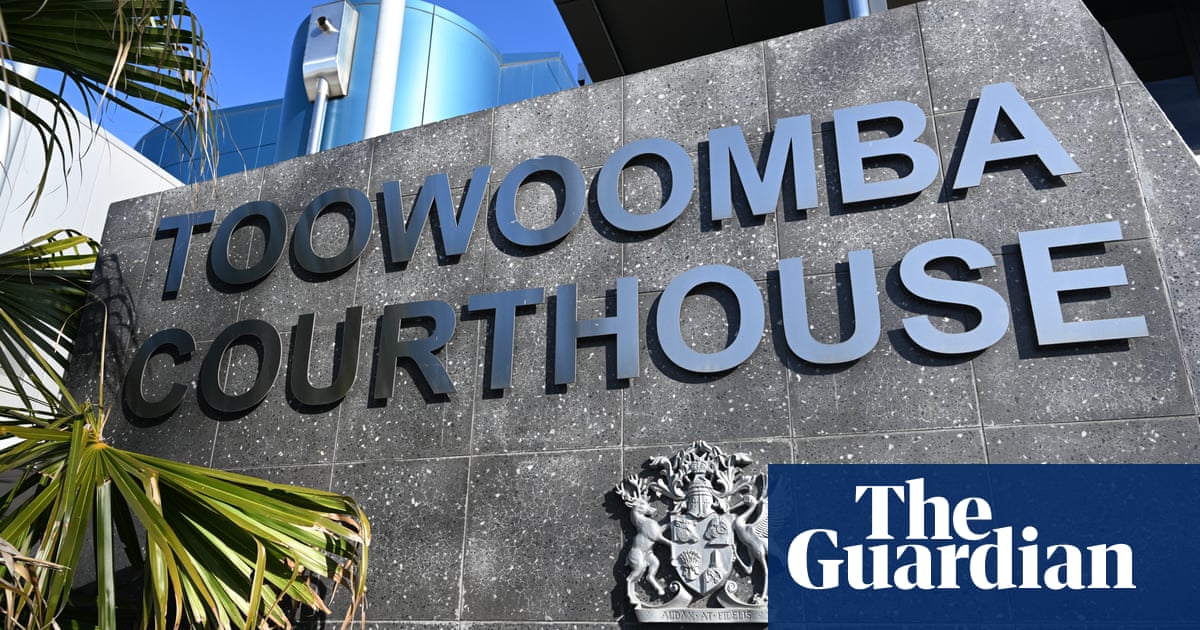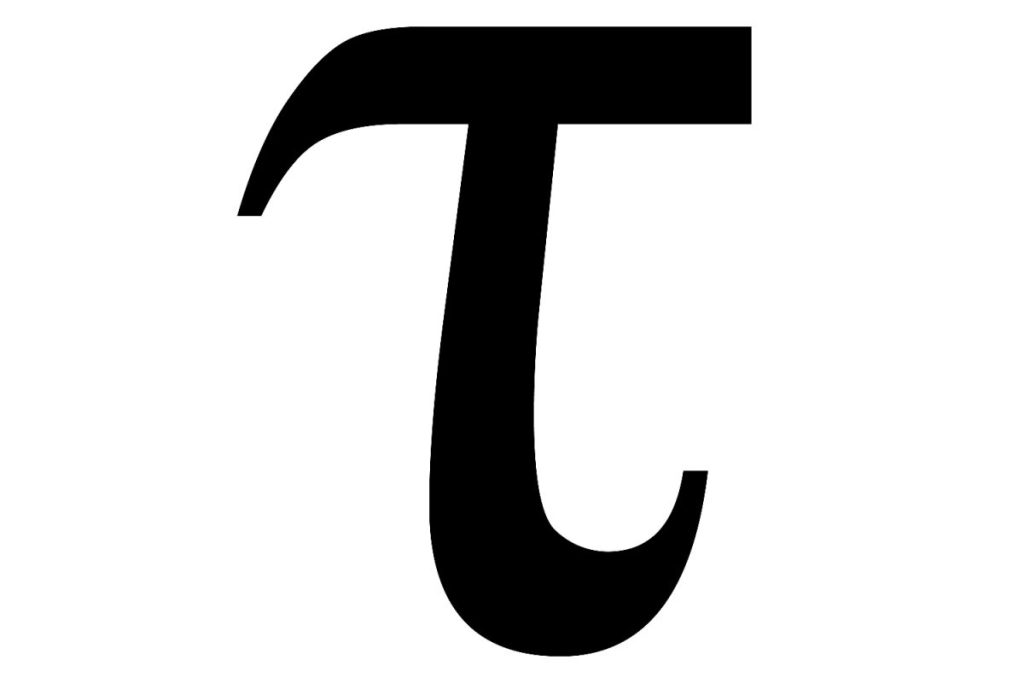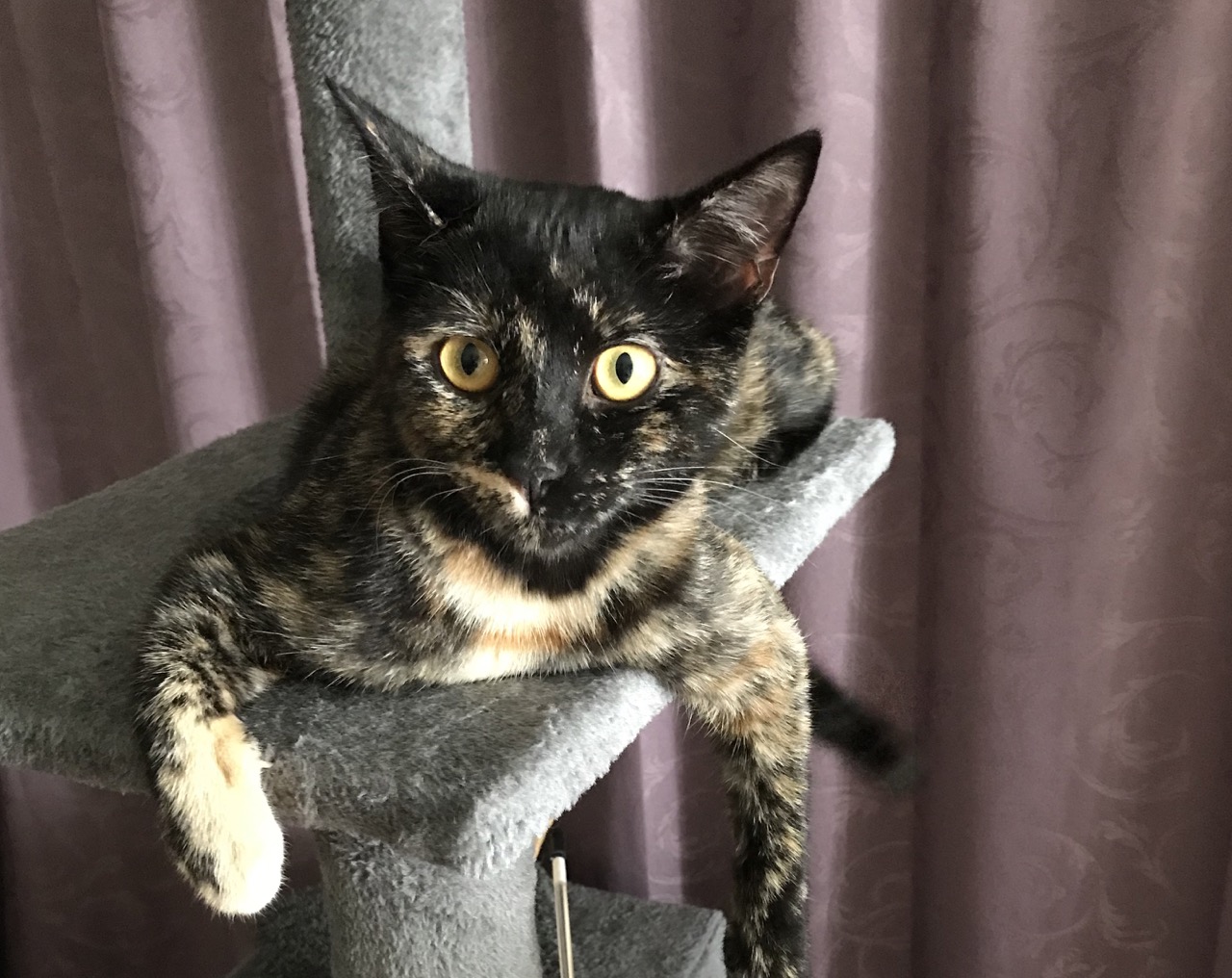The media will not keep out of it - there’ll be a lot of people salivating at the prospect of this trial and the potential advertising revenue. After all broadcasting everything worked so well last time and definitely didn’t ruin the chances of anyone getting closure instead of just leaving things hanging…
Suicides from false accusations ruining people’s lives are not rare and had a huge uptick during the MeToo movement, especially in the US. Anonymity should be the most important thing for any case.
A few years ago in the ACT…
The former corrections officer was remanded in custody and spent nearly four months in Goulburn jail before the charges were dropped
"I’m not the man I was before’
In an emotional court appearance, the formerly jailed man read out a victim impact statement saying he had lost everything.
“There were times when I considered ending it all,” he told the court.
The false accuser only got 3 years. Orchestrating, making a fake crime scene, dragging a person through jail and court, trying to destroy them completely, and almost got as far as causing suicide. Just 3 years. Like, someone can murder someone, but it takes a special sick and dangerous mind to cause someone to kill themself instead or have their life taken from them through prison and record. And only 3 years.
No one can weigh up which is worse, but rape and false accusations of rape are clearly life destroying actions on an innocent person. Only the sickest of minds would do either.
The rate of false accusations of rape is really hard to determine but is generally regarded as being pretty low (Vicpol puts it at ~5% based on studies). It’s also extremely hard to get a good number though, since false does not mean unfounded.
I don’t think it’s justified drawing an equivalence between rape and rape accusations given the evidence we have on the rates, it makes it seem like false accusations are happening way more than they actually are.
Also given who this probably is, this is likely not the only accusation of rape also, which decreases the likelihood the accusations are false I would suggest.
The other factor is that only a small fraction of these incidents are even reported to begin with… 87 per cent of victim-survivors of sexual violence didn’t report that experience to the police
Anonymity should be the most important thing for any case.
So, are you saying that all trials for any and all crimes or suits should never name either party?
I think they are saying names shouldn’t be released until after a verdict had been rendered. Just the implication is enough to ruin someone’s life even before a guilty verdict had been rendered.
For all cases? No matter what the alleged crime or lawsuit?
And I’d still really like to hear @saltesc@lemmy.world’s perspective too
My entire comment is condemning people that make another’s life so bad that things like suicide, emotional scarring, mental health, and poor livelihood in general are common outcomes.
If anyone would like to disagree… Well, fucking hell.
I was careful to not open a window for statistics, as that would be unrelated. And went further to make adement that there is no “which is worse” argument, as that is also completely unrelated to the issue of people’s wellbeing and those that devistate it.
The point is simply that things like a lack of anonymity in such cases has created severe trauma of an innocent person and the rise of it during the MeToo movement simply underscores that. And no, I’m not now anti-MeToo, this is simply an example of toxicity in humanity using something intended for good as an opportunity for bad. “We can’t have nice things”.
When a person is found guilty of rape or false accusation of rape, good riddance. Until then, a court should be fully aware that the public’s barrel of torches and pitchforks is not labelled “Innocent until proven guilty”.
It’s truly remarkable and concerning, the weird tangents and views some people share on the internet. I’ll be optimistic in saying that it’s likely a desire to just have interaction through argument, not sheer stupidity and lacking comprehension for what’s being said/going on.
What happens to people who have been raped and weren’t believed or were falsely accused of faking it? Just wondering if they have similar experiences with mental health?
I imagine that’s extremely likely, yes.
Odd question to ask.
Well as people worried about victims I’d just be worried it might seem a tad disingenuous quote from a vast minority of cases and not provide any quotes from victims that never see justice you know?
But you haven’t answered my question. Let me try putting it another way.
Should this anonymity, which you stated to be the most important thing for any case, apply to ALL criminal and civil trials, or only to alleged rape cases?
In my personal opinion? I guess.
Life goes on fine without knowing who all the people are in courts around the world are right now. Unless the public is involved or impacted, or there’s an entity like a business or association on trial, I don’t really see what lacking the choice of anonymity does to help anyone, especially the innocent.
I’m no lawyer though and it’s surely not as simple as that. But just like anything involving personal or sensitive information about a person, it should be protected. Especially when, at least in principle, the justice system is there to protect, under innocence until proven guilty with no bias.
"Principle of open justice
…a principle that is fundamental to our society and method of government: except in extraordinary circumstances, the courts of the land are open to the public. This principle arises out of the belief that exposure to public scrutiny is the surest safeguard against any risk of the courts abusing their considerable powers. …"
Lots more at Source
I understand that it’s tragic that some innocent people are destroyed either directly or indirectly by the justice system, both the unjustly accused that are acquitted, and also those wrongly found guilty. Lindy Chamberlain anyone? Hell, people have been hanged and later proven innocent. And the media in general sucks.
But I think the alternative to open justice would end up being a lot worse.
lol, who the fuck upvoted this garbage comment? edit: spelling.
‘High profile’ doesn’t always means a celebrity… keep that in mind
oh I know. given possibilities I’m just saying, it might be better not to publicise the name regardless. some trials are thrown out because of it.
This is the best summary I could come up with:
A high-profile man accused of rape has been granted a temporary court order preventing him from being named when new Queensland laws come into effect next week.
Under existing law in the state, a person accused of sexual offences cannot be named until they have been committed for trial – but that is set to change on Tuesday.
Under the legislation, accused offenders can apply to the court for an interim non-publication order to maintain their anonymity, but they cannot do so until the new laws come into effect.
The man’s lawyers have said they will apply for a non-publication order “as soon as practical” after the legislation comes into effect, according to a decision published on Friday by the supreme court of Queensland.
“Given the publicity that the committal proceeding has attracted, there is a substantial risk that, unless a temporary order is made, media reports identifying the applicant as the defendant in the committal proceeding will be published as early at Tuesday 3 October 2023,” Justice Peter Applegarth wrote in the decision on Friday.
Last Wednesday, the court was adjourned for six weeks to give prosecutors time to trawl through the alleged victim’s phone data.
The original article contains 404 words, the summary contains 197 words. Saved 51%. I’m a bot and I’m open source!
Give us a name!
So I spent five minutes on Google and Reddit. To no surprise, it’s pretty widely known who this individual is among the locals of Toowoomba.
Which led me to look up what to do if someone posts the name here. This Guardian piece on the topic is pretty clear:
Who do suppression orders affect?
Technically, everyone. Media outlets and reporters are not allowed to publish suppressed information because they expose it to a wide audience including potential jurors.
But anything written or said in a partially public forum counts as a “publication”. If you run a small self-published blog, write a tweet, or post in a Facebook group, technically you could be punished, too. It’s up to the public prosecutor whether they press charges.
Australian suppression orders apply overseas because they usually include anything that “can be accessed in Australia”. Thanks to the internet, this means any online news published by an overseas outlet, a tweet or post – unless it is geoblocked. Again, whether such breaches could lead to prosecution will largely be a matter of practicality.
Long story short: I’ll be deleting any comment naming the accused. I’d appreciate it for people to report any comments with the accused named also. Thanks all.
@Sleazy_Albanese Can’t do that because of the law, but let’s just say, it won’t come as a big surprise to anyone following closely








